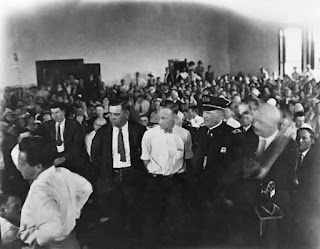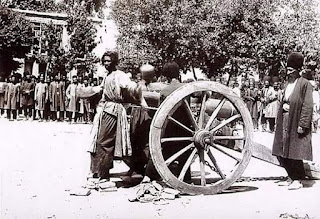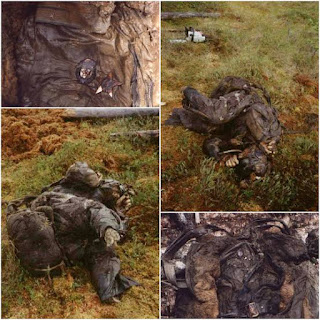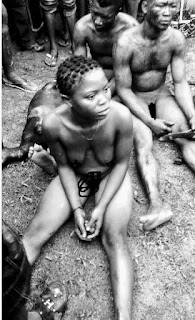On May 5, 1925, high school science teacher John Scopes was arrested for teaching evolution in one of Tennessee’s public schools.
On May 5, 1925, high school science teacher John Scopes was arrested for teaching evolution in one of Tennessee’s public schools.
In Dayton, Tennessee, the Scopes Trial begins in which a local high school science teacher, Mr. John Scopes, is accused of teaching evolution which was a violation of Tennessee state law.
The law, passed in March of that year, considered it a misdemeanor to "teach any theory that denies the story of Divine Creation of man as taught in the Bible, and to teach instead that man has descended from a lower order of animals."
Scopes had conspired to get accused of this law so that it could be challenged and shortly enlisted the aid of the American Civil Liberties Union.
William Jennings Bryan, a three-time Democratic presidential candidate and Christian fundamentalist volunteered to argue for the prosecution.
The ACLU contacted the distinguished attorney Clarence Darrow. Outside the courthouse, Dayton became a carnival town as vendors set up carnival games, and sold Bibles, toy monkeys, hot dogs, and lemonade.
There was also a mobile exhibit feature two chimpanzees, and a supposed "missing link" that featured a very short man who possessed a receding forehead and protruding jaw.
In court, Judge John Raulston made the defense's strategy inadmissible on grounds that expert scientific testimony on evolution was not on trial, as it was John Scopes that broke the law, not the theory itself.
The trail then moved outside for the remainder of arguments as there was a fear that the weight of spectators inside would cause the floor to collapse. On July 21, Darrow asked the jury to return a guilty verdict so that the case could be appealed to a higher court.
Under Tennessee law, Bryan was therefore denied an opportunity to deliver his closing statement. After just eight minutes, the jury concluded deliberation with a guilty verdict. Scopes was ordered to pay a $100 fine.
Although Bryan won the case, he was publicly humiliated and his fundamentalists beliefs disgraced.
In 1928, the Tennessee Supreme Court overturned the verdict and returned Scopes his $100 but left the core issues unresolved until 1968 when the United States Supreme Court ruled that such laws violated the First Amendment.




.jpg)

.jpeg)




.jpeg)

Comments
Post a Comment